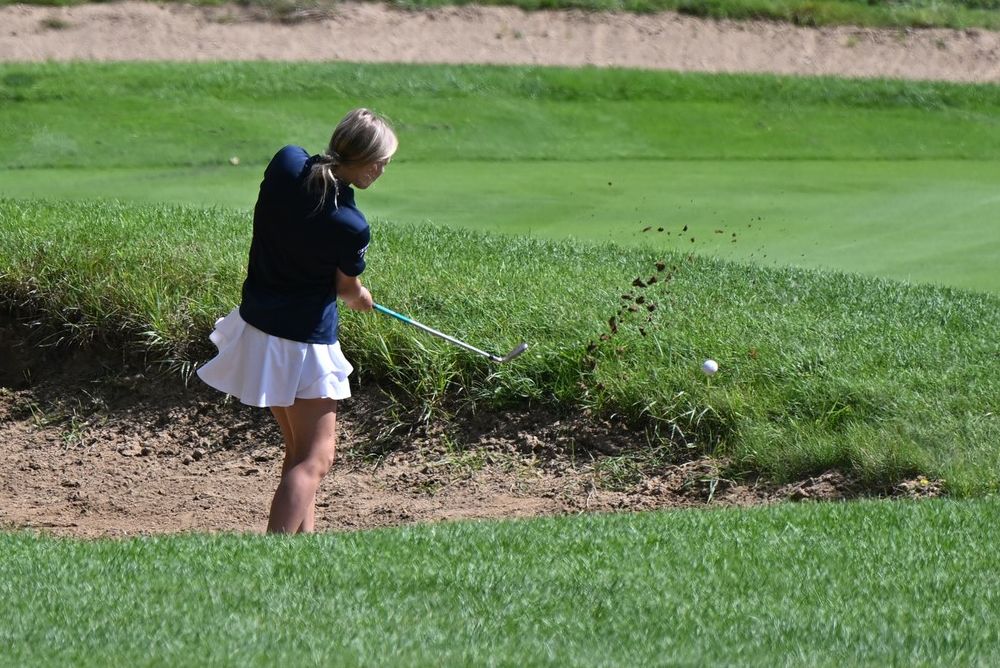
Be the Referee: Penalty Kick Change
October 6, 2016
This week, MHSAA assistant director Mark Uyl explains how soccer penalty kick rules have been changed this year to dissuade players from hesitating before taking the kick.
Be The Referee is a series of short messages designed to help educate people on the rules of different sports, to help them better understand the art of officiating, and to recruit officials.
Below is this week's segment – Soccer Penalty Kick Change - Listen
In the game of soccer, goals are tough to come by. That’s why in some of the most important games, we see those contests head into overtime and ultimately get decided by penalty kicks – or P-Ks.
The rules dealing with penalty kicks have changed for this year. In years past, whenever a player would hear the referee’s whistle and start to move toward the ball to make a penalty kick, any hesitation, delay or stutter-step would make that kick illegal. In past years, that player always got an opportunity to take a re-kick.
But this year, there is no opportunity for that player to take an additional re-kick.
Past editions
Sept. 29: Preparation for Officials - Listen
Sept 22: You Make the Call: Returning Kickoffs - Listen
Sept. 15: Concussions - Listen
Sept 8: Equipment Covering the Knees - Listen
Sept. 1: Play Clock Experiment - Listen
Aug. 25: Clipping in the Free Blocking Zone - Listen

Be the Referee: Animal Interference
By
Paige Winne
MHSAA Marketing & Social Media Coordinator
September 20, 2023
Be The Referee is a series of short messages designed to help educate people on the rules of different sports, to help them better understand the art of officiating, and to recruit officials.
Below is this week's segment – Animal Interference - Listen
In golf – it’s common to hear about birdies, eagles, maybe even an albatross. Or in my case, a snowman. But what if an actual animal interferes with your ball while in play?
There are two kinds of interference.
The first involves a ball still in motion. If you are putting and a squirrel darts out and stops or redirects your putt, you simply get a do-over from the original spot.
Off the green, if a moving ball is stopped or re-directed, you play the ball from where it ultimately stops.
If your ball is stopped and a seagull picks it up and carries it off – you just replace the ball to its original spot and proceed.
It doesn’t happen often, but now you know how to deal with squirrels and seagulls … in addition to birdies and eagles.
Previous Editions
Sept. 13: Feet Rule on Soccer Throw-In - Listen
Sept. 6: Volleyball Jewelry - Listen
Aug. 30: Football Rules Similarities - Listen
Aug. 23: Football Rules Differences - Listen
(PHOTO by Gary Shook.)

